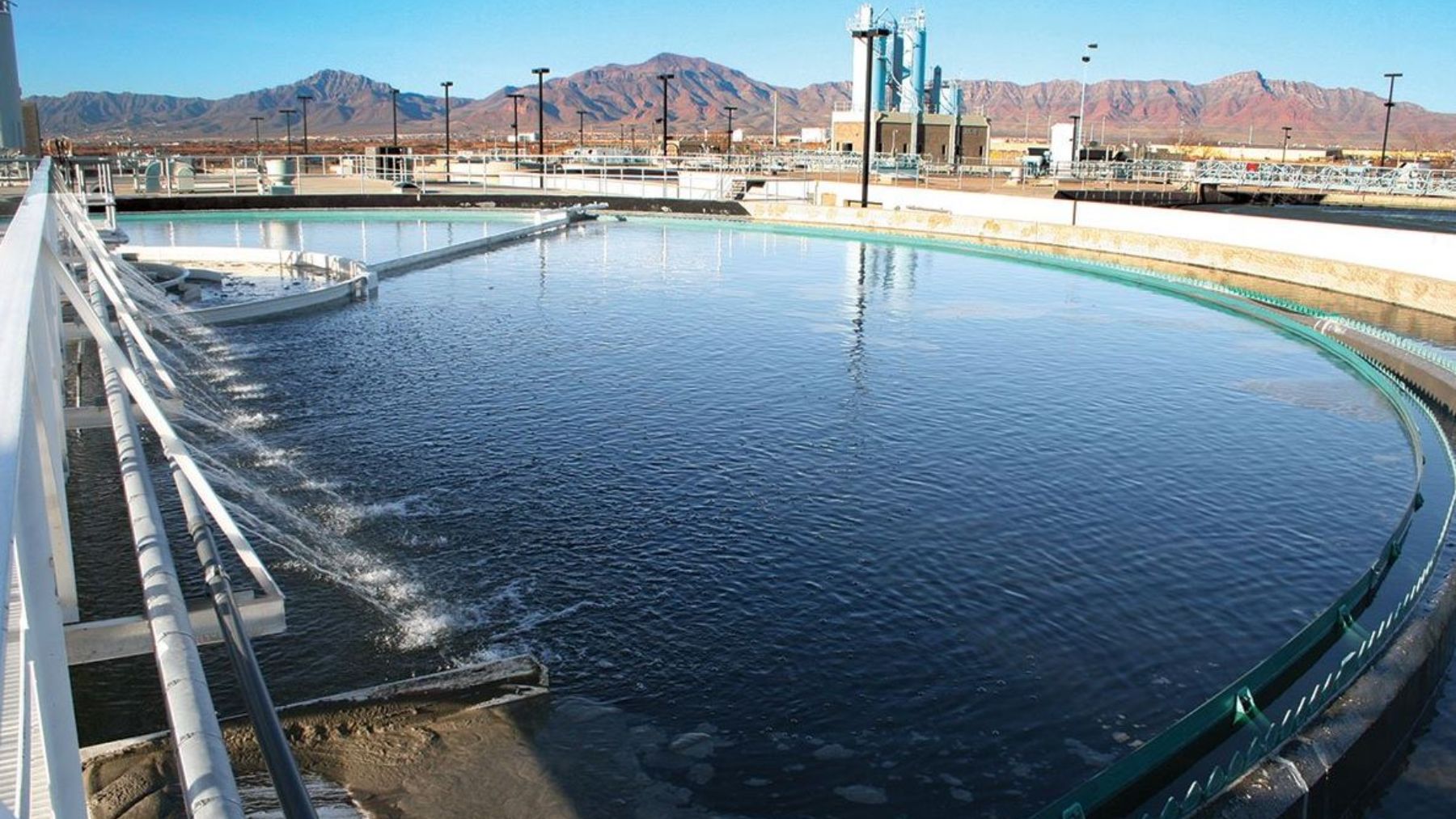Global warming indices have been drawing attention over the past few years. Among the various impacts, US states have had to endure the hottest and driest summers in recent times. With the recent concern for sustainability and the search for alternative and sustainable ways to maintain basic resources, one of these states has developed a new method for generating drinking water. Now, facing a new record-breaking summer, this discovery could have a huge impact on residents, preventing complex situations.
With the capacity to produce up to 10 million gallons of drinking water per day, this system is revolutionary
The impacts of global warming are increasingly being felt by North American states. As they prepare for one of the driest and hottest summers in history, a group of scientists has developed an innovative method capable of transforming up to 10 million gallons of reused water into drinking water. Now they received authorization to deploy the first facilities center able to convert reused water into drinking water.
The news was celebrated by the scientists as the study’s success reflects the result of years of planning and investment to prevent residents from suffering the severe impacts caused by extreme weather. With its implementation, the expectation is that other states will be inspired to adopt the same model.
Amidst the dry climate of Texas, El Paso managed to generate drinking water
After suffering through two extremely hot summers in 2023 and 2024, the city of El Paso, Texas, put into practice a study that had begun years earlier. In anticipation of dealing with the dry climate, a project to transform reused water into drinking water was implemented after years of development. With the success of advanced water purification, it is possible to generate up to 10 million gallons of drinking water per day.
The El Paso Pure Water Center is expected to be fully operational by 2028. Once completed, it will be the first distribution center to treat reused water for consumption. Although it is a controversial topic, technological advances have proven that this is entirely possible. At the same time, other sustainable initiatives have been recorded in various parts of the country and even on other continents.
An inspiration for other states
Although the initiative in El Paso is the first to get off the ground, it is unlikely to be the only one in the United States. Phoenix and Tucson are expected to follow suit. At the same time, the cities of Panhandle and Hill Country are also considering implementing a facilities center. The states of California and Colorado are seeking to regulate the treatment and use of purified water.
Interest began shortly after the city of El Paso implemented a pilot project to study the acceptance and quality of reused water transformed into drinking water. After years of extensive testing, the water samples were certified as potable, and the responsible authorities authorized the final plant. Approval to build the plant was granted in October 2024.
The regulation must be implemented in other states
Despite being a major technological advance and an alternative in the face of increasingly intense summers, the process of purifying water for reuse is slow and has some bureaucratic steps that seek to ensure the safety of the procedure and the quality of the water used by people. In this case, facility centers must undergo a delicate regulatory stage, which verifies and applies the necessary rules so that the water obtained is suitable for consumption. Even so, the action proves to be an ally of the state in the search for a sustainable future that increasingly relies on sustainability and forms of renewable energy and resources.
